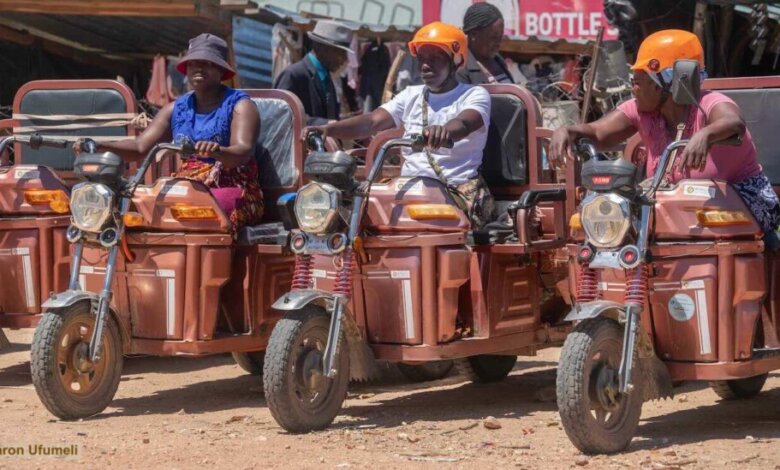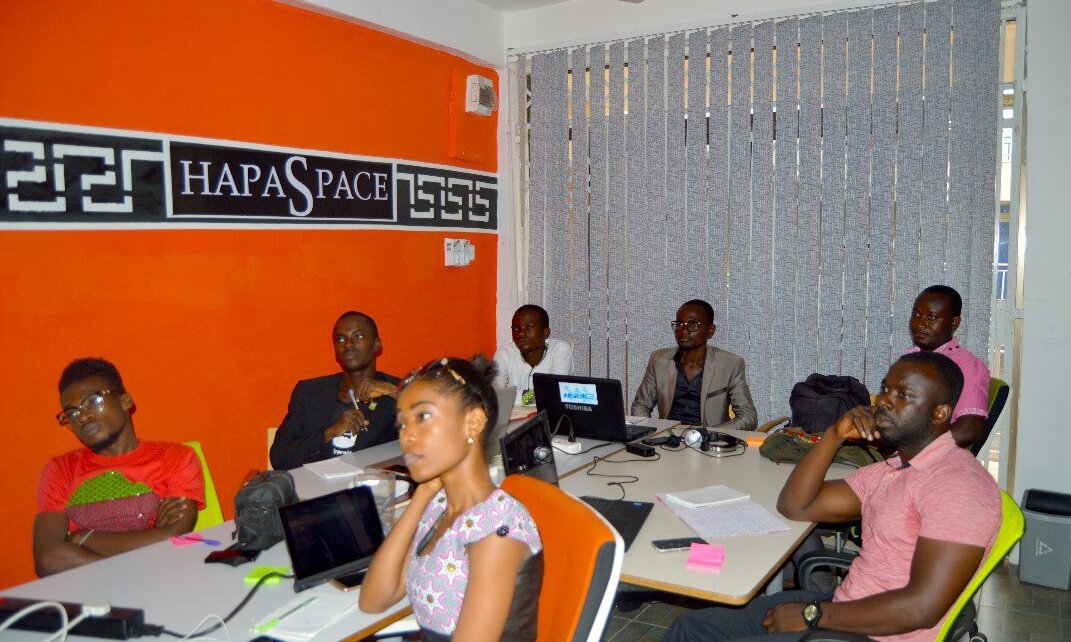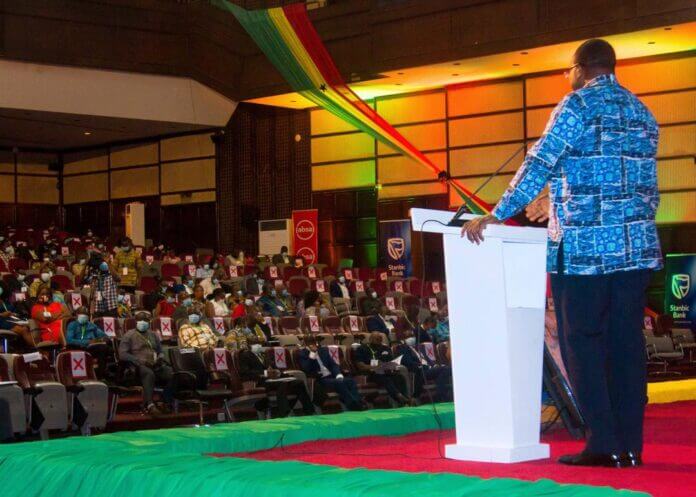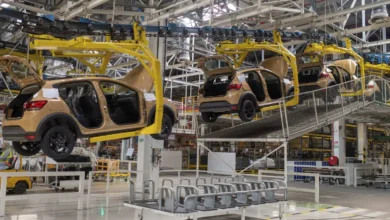
For countless women across Zimbabwe’s rural heartlands, the Hamba tricycle is more than just transport; it’s a symbol of freedom. Created by Mobility for Africa (MFA), the rugged, locally made vehicle is helping women take back their time, lift their families out of poverty, and step into roles once out of reach.
With the capacity to carry up to 1,000 pounds of cargo and a top speed of 37mph, the solar-powered vehicle is tailored for off-grid areas where transport options are limited and often gruelling.
Maintenance is simple, its motor has only one moving part, and depleted batteries can be swapped for $5 at local solar stations managed in partnership with InfraCo Africa. The initiative began as a pilot project, offering women the opportunity to lease the trikes for $15 per month.
The results were overwhelmingly positive. Women used the Hambas to transport firewood and water, ferry relatives to clinics, and bring goods to market, sometimes eliminating dozens of miles of walking each day.
The program has since expanded to include rental and lease-to-own options, with roughly 300 Hambas currently in circulation. Seventy percent are reserved for women. Anna Bhobho, a 31-year-old housewife from rural Zimbabwe, was once excluded from economic decision-making. That changed when she began using a Hamba to transport produce to local markets.
“Now my voice matters,” she told Africa News. “Even my husband and in-laws respect me.” She now supports her household and helps fellow villagers—including Hilda Takadini, a 34-year-old tomato farmer and mother of six—get their crops to market before they spoil.
“In the past, transporting our produce was a nightmare,” Takadini said. “We would wake up at 3 a.m. and travel long distances using an ox-drawn cart. Now, it’s much easier. We can reach the market on time.”
According to Mobility for Africa (MFA), 92% of female users in the pilot phase reported feeling safer on the road compared with walking. Many have gone a step further, turning their Hambas into income-generating tools by offering courier or taxi services within their villages, sparking a wave of grassroots entrepreneurship.
Written by Kweku Sampson, edited by Abeeb Lekan Sodiq.

This article is published by either a staff writer, an intern, or an editor of TheAfricanDream.net, based on editorial discretion.





